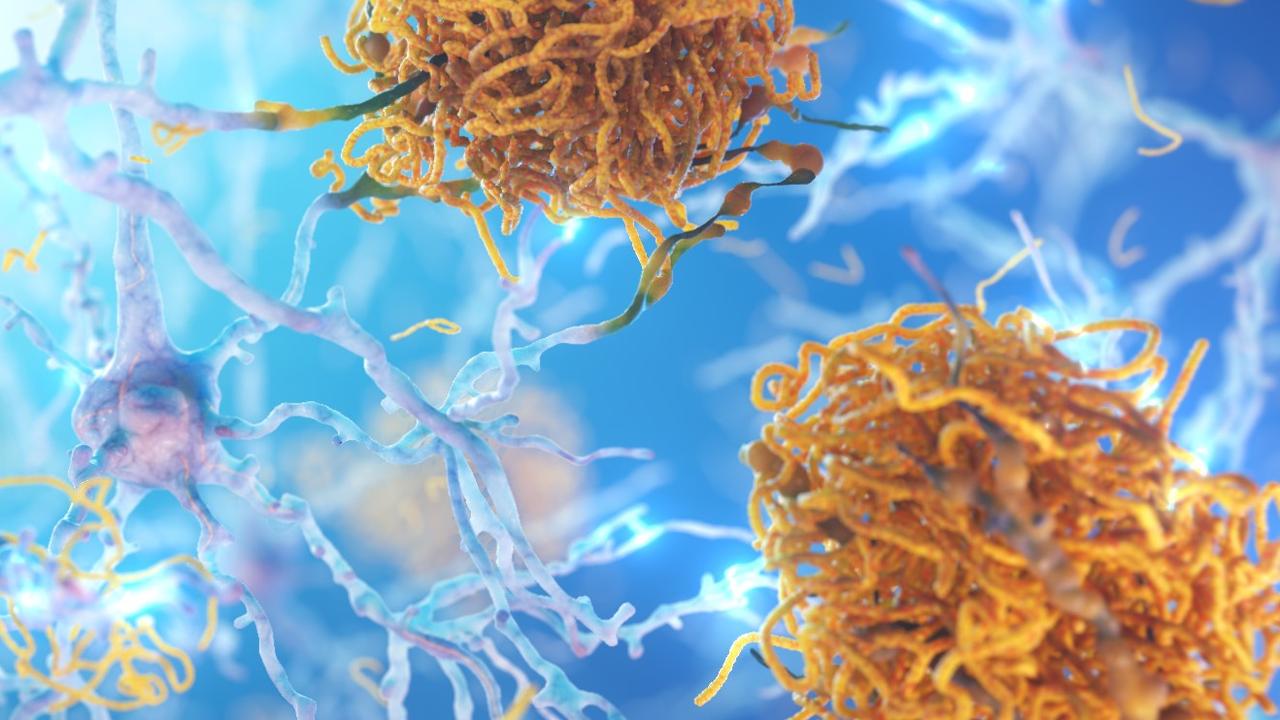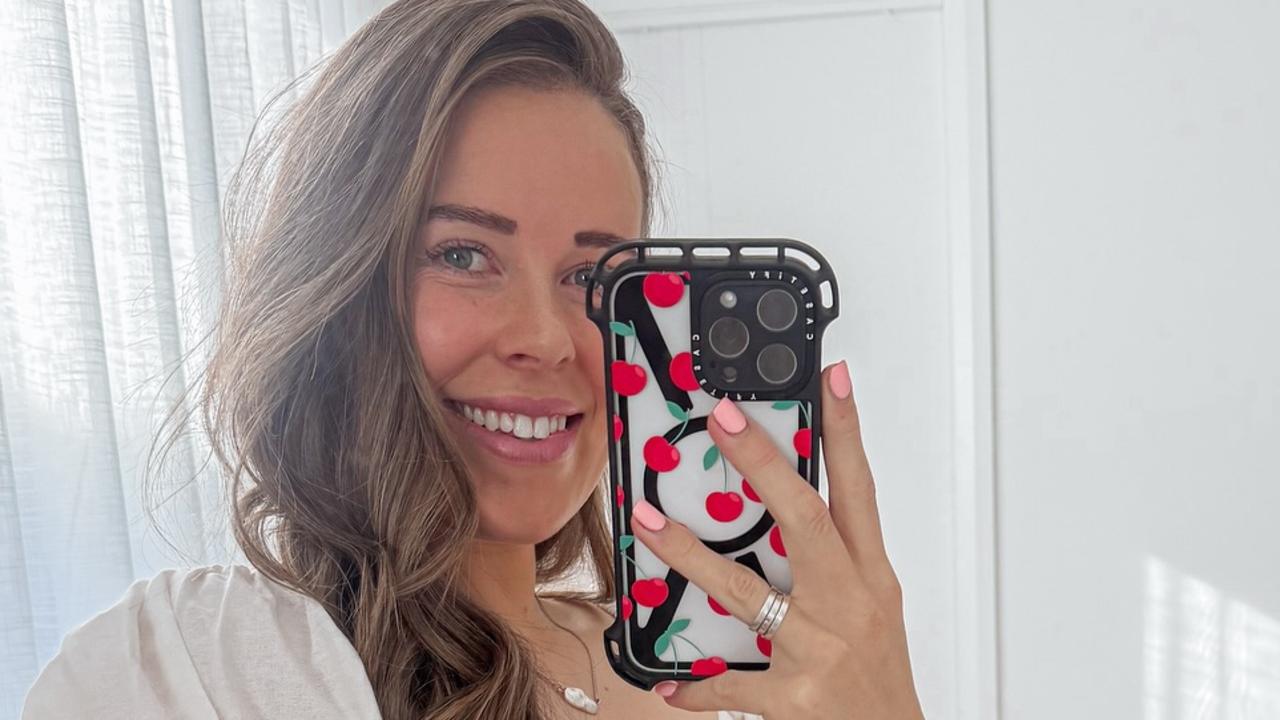Antibody blood testing to reveal Omicron’s true spread in Australia
Antibody blood testing is expected to reveal that the true number of Omicron cases in Australia could be five to 10 times higher than reported in the initial wave.
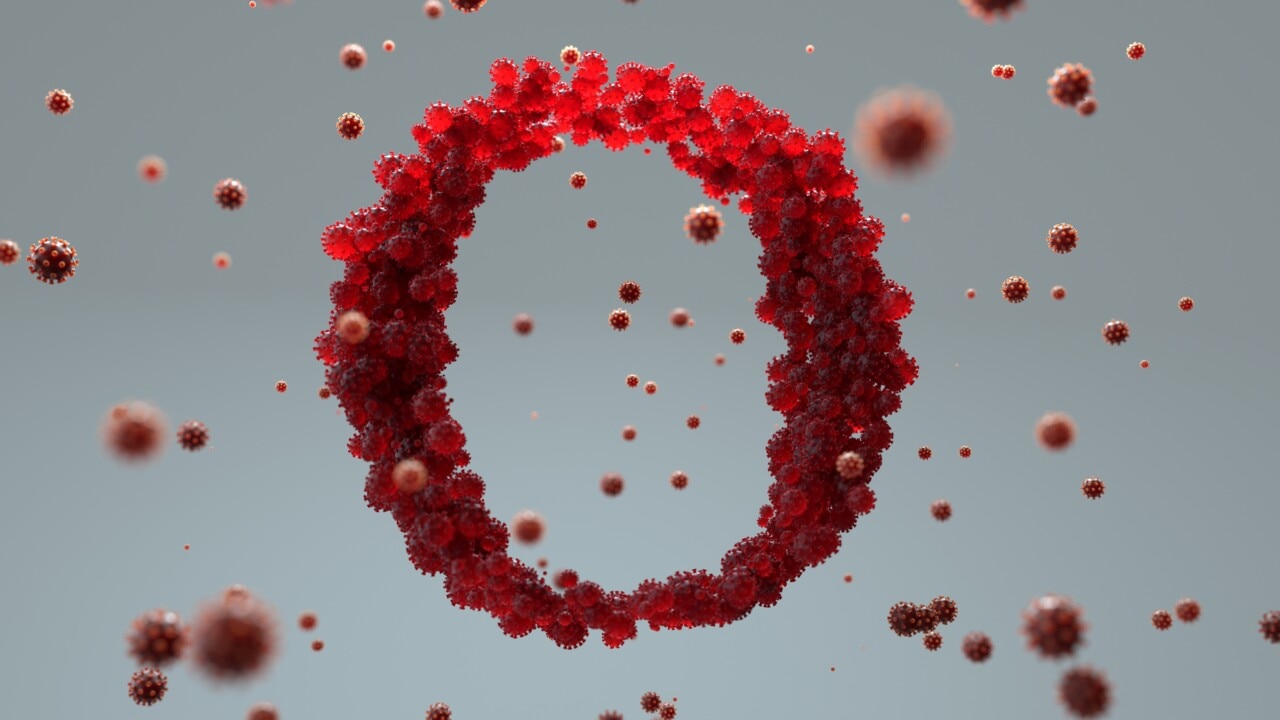
The true number of Omicron cases could be five to 10 times higher than reported in the initial wave, according to Australian researchers who will test thousands of blood samples for Covid-19 antibodies.
Around 5000 blood donor samples from across the country, taken six weeks after the Omicron peak, will be tested as part of the study – known as a serosurvey – led by UNSW’s Kirby Institute and the National Centre for Immunisation Research and Surveillance (NCIRS).
Previous serosurveys in Australia and overseas have suggested the true number of infections in the population is typically far greater than those confirmed by positive PCR or rapid antigen results, when accounting for asymptomatic cases or those who did not get tested.
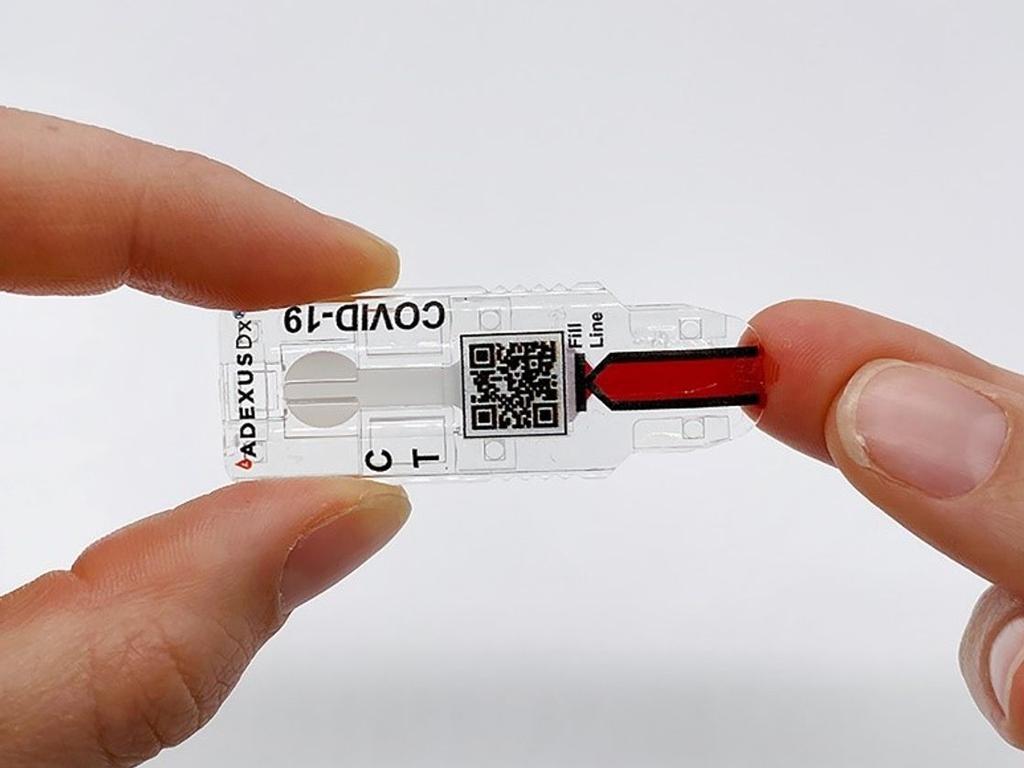
“We know that relying on reporting of positive tests underestimates the true number of Covid-19 cases, particularly since high vaccine coverage has reduced the proportion of cases with symptoms,” Dr Dorothy Machalek, lead investigator on the project from the Kirby Institute, said in a statement.
“Serosurveys help us understand by how much.”
The study is being conducted in collaboration with Australian Red Cross Lifeblood, the Victorian Infectious Diseases Reference Laboratory at the Doherty Institute, NSW Health Pathology ICPMR and Murdoch Children’s Research Institute.
Researchers will test for different types of antibodies to estimate both the extent of Omicron’s true spread in the community, and the proportion of the population who have some level of immunity either through prior infection or vaccination.
They will look for part of the virus called the nucleocapsid, which is only present in those with natural immunity, and also for spike antibodies, which are produced by both infection and vaccination.
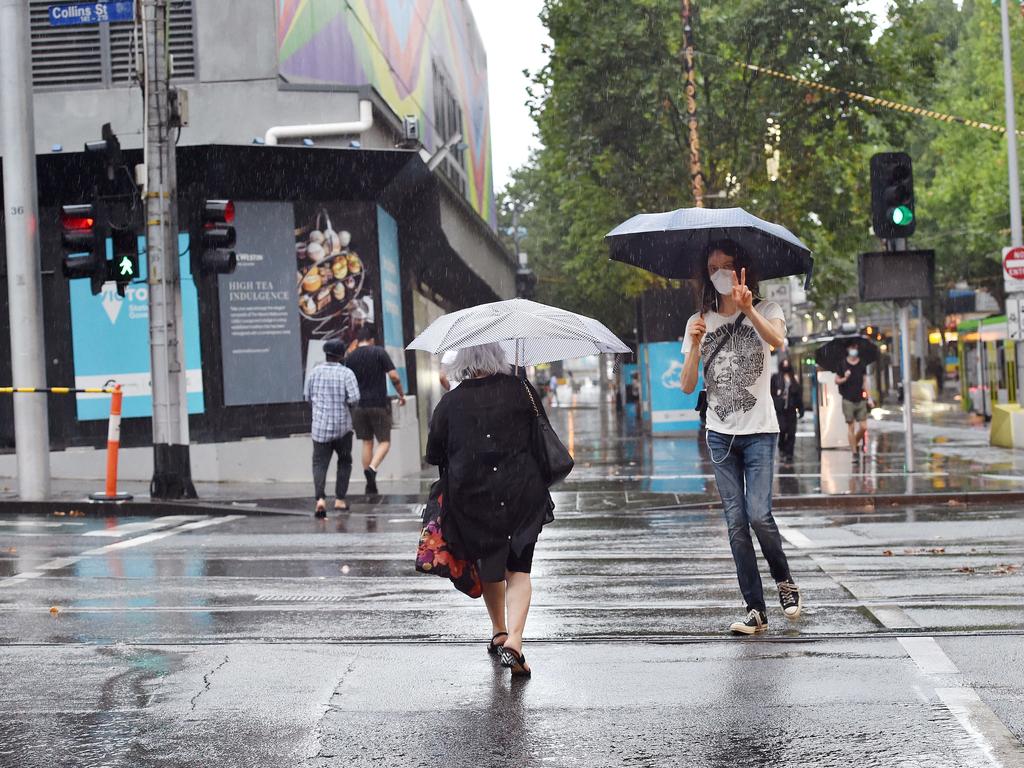
“Samples for this survey were taken six weeks after the Omicron peak, which is sufficient for antibodies to have developed in people who were infected during that time,” said NCIRS director Professor Kristine Macartney.
“This, and regular future surveys including another planned in children, will mean we will be able to track the impact of changes in the Covid-19 response to better inform heath policy.”
A previous serosurvey conducted by the research team following Australia’s first Covid-19 wave estimated that up to 64,100 people likely had the virus – more than eight times higher than the 7636 nationally notified cases as of June 16, 2020.
The blood samples will be taken from Lifeblood’s processing centres and stripped of any identifying information apart from age, sex and postcode. Individual results will not be provided to the blood donors.
“Blood donors make up around 3 per cent of the population,” Dr Machalek said.
“Although they cannot be viewed as a random sample of the population, they provide a stable and accessible pool from which to analyse infection prevalence over time.”
It comes amid a fresh rise in cases of the Omicron subvariant BA.2.2, with NSW reporting its second day of 20,000 new infections on Friday.




